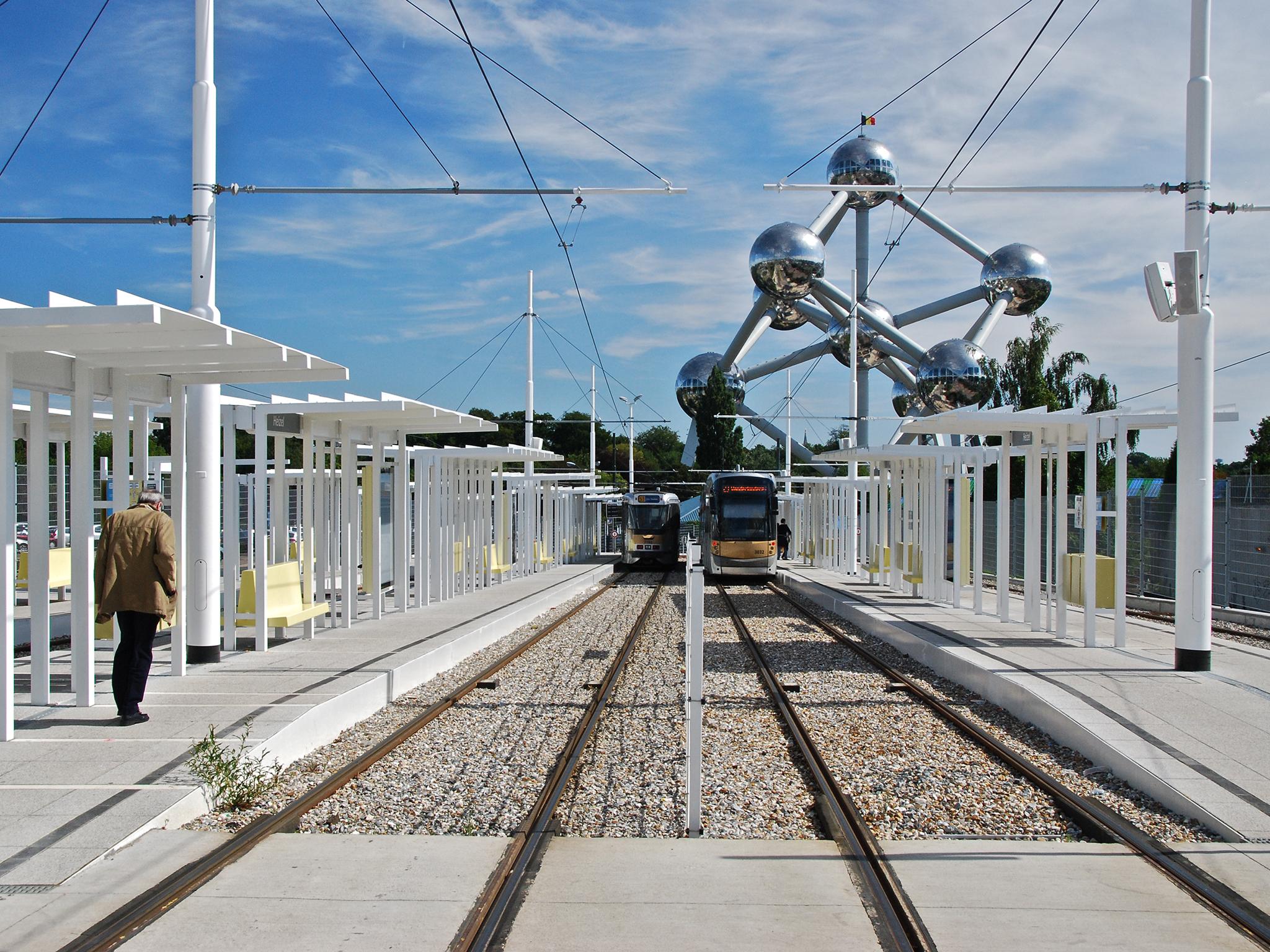Brussels to make public transport free to use on high air pollution days
The move will look to ensure the city meets EU air quality directives and help reduce pollution levels

Your support helps us to tell the story
From reproductive rights to climate change to Big Tech, The Independent is on the ground when the story is developing. Whether it's investigating the financials of Elon Musk's pro-Trump PAC or producing our latest documentary, 'The A Word', which shines a light on the American women fighting for reproductive rights, we know how important it is to parse out the facts from the messaging.
At such a critical moment in US history, we need reporters on the ground. Your donation allows us to keep sending journalists to speak to both sides of the story.
The Independent is trusted by Americans across the entire political spectrum. And unlike many other quality news outlets, we choose not to lock Americans out of our reporting and analysis with paywalls. We believe quality journalism should be available to everyone, paid for by those who can afford it.
Your support makes all the difference.Brussels will make public transport and the city’s bike share system free on high air pollution days.
The move will look to ensure the city meets EU air quality directives and help reduce pollution levels.
Under new proposals if two consecutive days have high levels of particulate matter, which is a measure of air pollution, trams, buses and trains will all have to be made available for free.
Wood-burning stoves would also be banned and speed limits on cars would also be reduced.
Pascal Smet, Brussels’ mobility minister, said “quality public space” was needed to reduce the number of cars.
“Research shows that the more space you give to cars, the more cars you attract. Indeed, the most car-friendly cities are also the most congested,” Mr Smet told The Guardian.
“By giving back space to pedestrians and cyclists, cities can create places where people meet and connect.”
Brussels is not the first European capital to make the move. In 2016 Paris made all transport free after a spike in air pollution.
The number of drivers who were allowed into the city were limited, with odd-numbered registration plates allowed on some days and even-numbered ones allowed on others.
The German government is also planning to trial free public transport in cities suffering from air pollution.
Five cities – Bonn, Essen, Herrenberg, Reutlingen and Mannheim – will benefit from the trial “at the end of the year at the latest” according to proposals drawn up by the Federal government.
Join our commenting forum
Join thought-provoking conversations, follow other Independent readers and see their replies
Comments